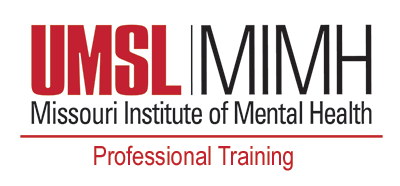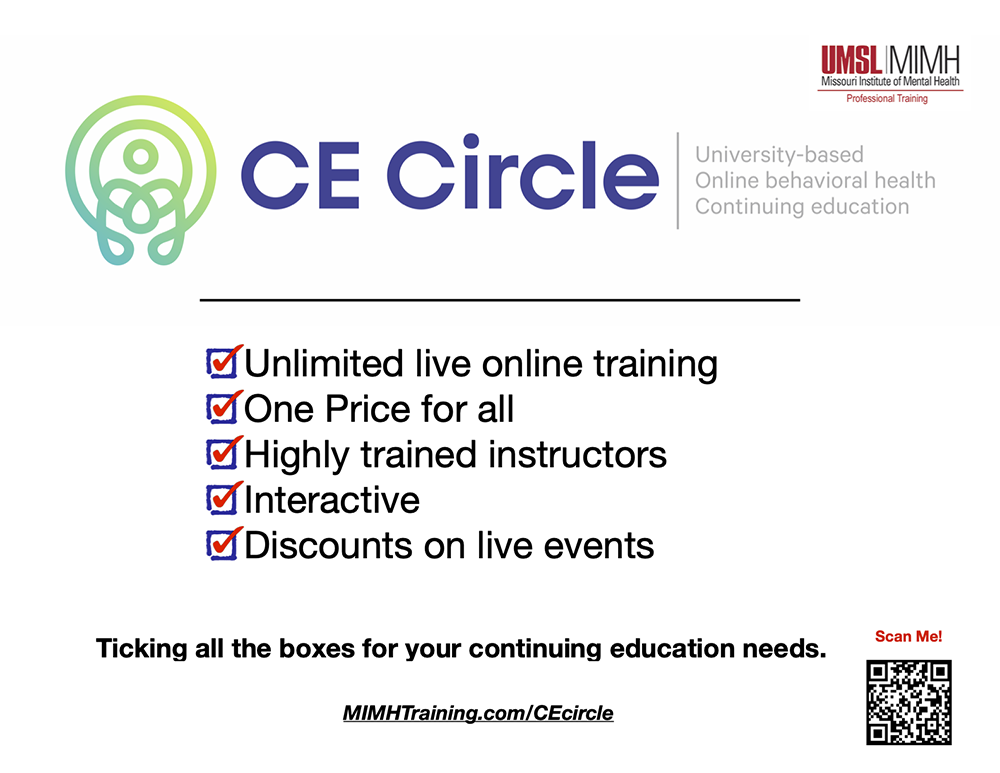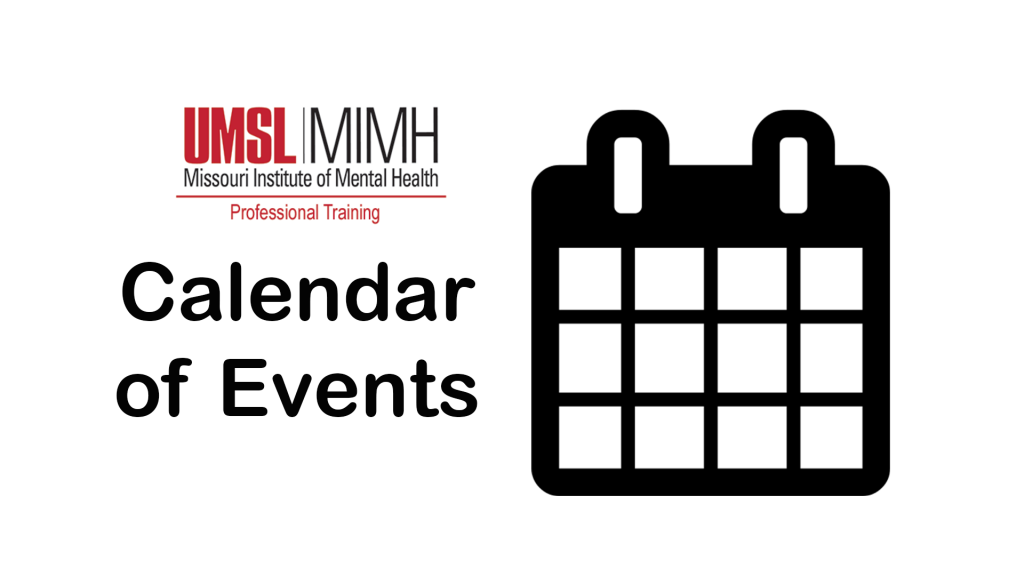Suicide & Care: Understanding Suicide through Our Language, Culture and Interventions
[tab:Details]
Date:
Wednesday, March 23, 2016 at 1:30 pm CDT to 2:30 pm CDT
Program Number: 16404
Description
Suicide is the 10th leading cause of death in the U.S. and 2nd leading cause of death of youth ages 15-24 YET suicide assessment and intervention are not required training in mental health graduate programs and few professionals have formal training in suicide assessment and intervention. This training reviews the current scope of suicide rate at national level, explores Dr. Thomas Joiner’s Interpersonal Psychological Theory of Suicidal Behavior and provides model for developing collaborative suicide care plans.
Learning Objectives: By participating in this conference, participants will be able to:
- Understand scope of suicide risk at national and treatment level
- Apply Interpersonal Psychological Theory of Suicide concepts to assessment/intervention and understand the role of culture and language in barriers to care and efficacy of treatment
- Understand role of culture and language in barriers to care and efficacy of treatmentIntegrate suicide care plans and triage techniques into everyday practice
- Integrate suicide care plans and triage techniques into everyday practice
- Honor role of lived experience in implementing suicide care plans
[tab:Presenter]
Presenter
Bart Andrews, PhD

Bart Andrews, PhD, is Vice President of Clinical Practice/Evaluation at Behavioral Health Response. Dr. Andrews started at BHR as a crisis intervention clinician in 1998. Dr. Andrews has dedicated the last 17 years of this life to suicide and crisis intervention. Dr. Andrews is a person in recovery and a suicide attempt survivor. Dr. Andrews believes that the path to suicide prevention must be framed in the context of relationships, community and culture. Suicide is a community health problem, and everyone can help.
Dr. Andrews has over 20 years of experience providing behavioral health services. He received his Bachelor of Arts degree from the University of Missouri-St. Louis and his M.A. and Ph.D. from Southern Illinois University. He is actively involved in raising community awareness about the risk of suicide and training community members, law enforcement and other professionals in suicide assessment and intervention. He participates on several crisis and suicide related boards: serves as Vice President of the National Association of Crisis Director and Co-Chair of the National Suicide Prevention Lifeline’s Standards, Training and Practices Sub-Committee. . Dr. Andrews is also an Applied Suicide Intervention Sills (ASIST) Senior Training Coach. Through BHR, Dr. Andrews created and implemented the first suicide follow-up program in the State of Missouri, and BHR has expanded suicide follow-up care to youth and adults throughout the eastern region of Missouri.
[tab:Registration]
Registration Fee:
Free or $25 with CEU
[tab:Accreditation]
Accreditation:
The University of Missouri, Missouri Institute of Mental Health will be responsible for this program and will maintain a record of your continuing education credits earned. MIMH will award 1 clock hours or 1.2 contact hours (.1 CEU) for this program.
MIMH credit will fulfill Clinical Social Work and Psychologist licensure requirements in the State of Missouri.
Attendees with licensure from other states are responsible for seeking appropriate continuing education credit, from their respective boards for completing this program.
The Missouri Institute of Mental Health, as a part of the University of Missouri – St. Louis an accredited University, provides continuing education credit for mental health and social service professionals.
License information for Missouri residents: http://pr.mo.gov/professions.asp
[tab:Resources]
Resources:
Slides in PDF Format
[tab:END]







